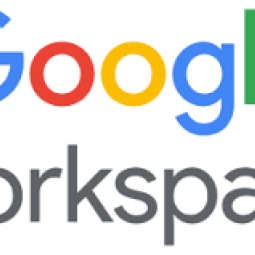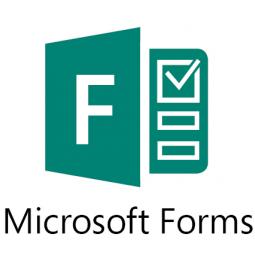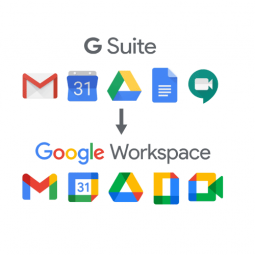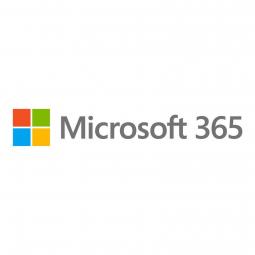We recommend non-for-profits pick either the Microsoft 365 or Google Workspace platforms and work hard to get value from their chosen platform. Learn more about discounts for not-for-profits for Microsoft 365 and Google Workspace here:
Both offer free or discounted options, including:
- Email, contacts and calendar
- Create and edit spreadsheets, documents and presentations
- File storage and sharing
- Video conferencing, instant messaging, group collaboration
- Uptime SLAs.
Key differences to help you choose
Google Workspace
- Better integration with ChromeOS devices
- Free and discounted options: available for a wide range of nonprofits (check here for the latest eligibility requirements).
- Simpler administration: Google Workspace continues to be reported by NFPs we work with as easier to administer for those with limited IT expertise, especially if you want to manage it yourself.
- AI-powered tools: Google has integrated AI features like Smart Compose, automated document generation, and other AI-driven capabilities that enhance productivity.
- Free licensing for nonprofit staff and volunteers: Google’s licensing for nonprofits has changed in some areas, so it’s worth checking here for the latest details on volunteer eligibility.
- Security features: Google provides robust security, including advanced threat protection and compliance certifications, but it’s worth reviewing to see if your specific needs are covered.
Microsoft 365
- Strong security certifications: Microsoft offers extensive security and compliance tools, such as Microsoft Defender, and certifications that support enterprise-grade protection for nonprofits.
- Better integration with Windows PCs and servers: If your organisation uses Windows-based systems or on-premise servers, Microsoft 365 offers tighter integration.
- Broader range of features: While Microsoft offers free and discounted options, many of its advanced features (e.g. Microsoft Copilot AI tools) come at a cost. It's worth evaluating if these extra features align with your organisation’s needs.
- AI-powered productivity tools: Microsoft 365 now includes Microsoft Copilot, an AI-powered assistant that integrates into Word, Excel, and other Office apps to automate tasks and create more efficient workflows.
- Volunteer licensing: Microsoft has specific licensing restrictions for volunteers. Nonprofit grants (free licences) are permitted only for paid nonprofit employees and unpaid executive staff in leadership positions. Discounted licences can be assigned to any volunteer, so review the latest licensing terms here.
Setup and support
If you need a partner to help you set up or support your platform, consider this before choosing a platform. Depending on your location, you may have several partners with the right experience, or none. Both platforms offer networks of certified partners to assist with implementation and management.
If you want to set up the environment yourself, you can refer to these guides:
- Google Workspace QuickStart Guide
- Microsoft 365 QuickStart Guide (Note: The Microsoft setup process can be more complex, but they offer a FastTrack service for organisations with over 150 seats to assist with implementation. Review the latest FastTrack service guidelines here)
AI and the Future of Productivity
Both platforms are now heavily integrating AI into their ecosystems. Consider which AI tools are most relevant for your nonprofit. Microsoft’s Copilot and Google’s Gemini AI features are designed to help with tasks such as document generation, email drafting, and workflow automation, providing valuable time savings for your team.





Status message
Thanks for rating this guide.